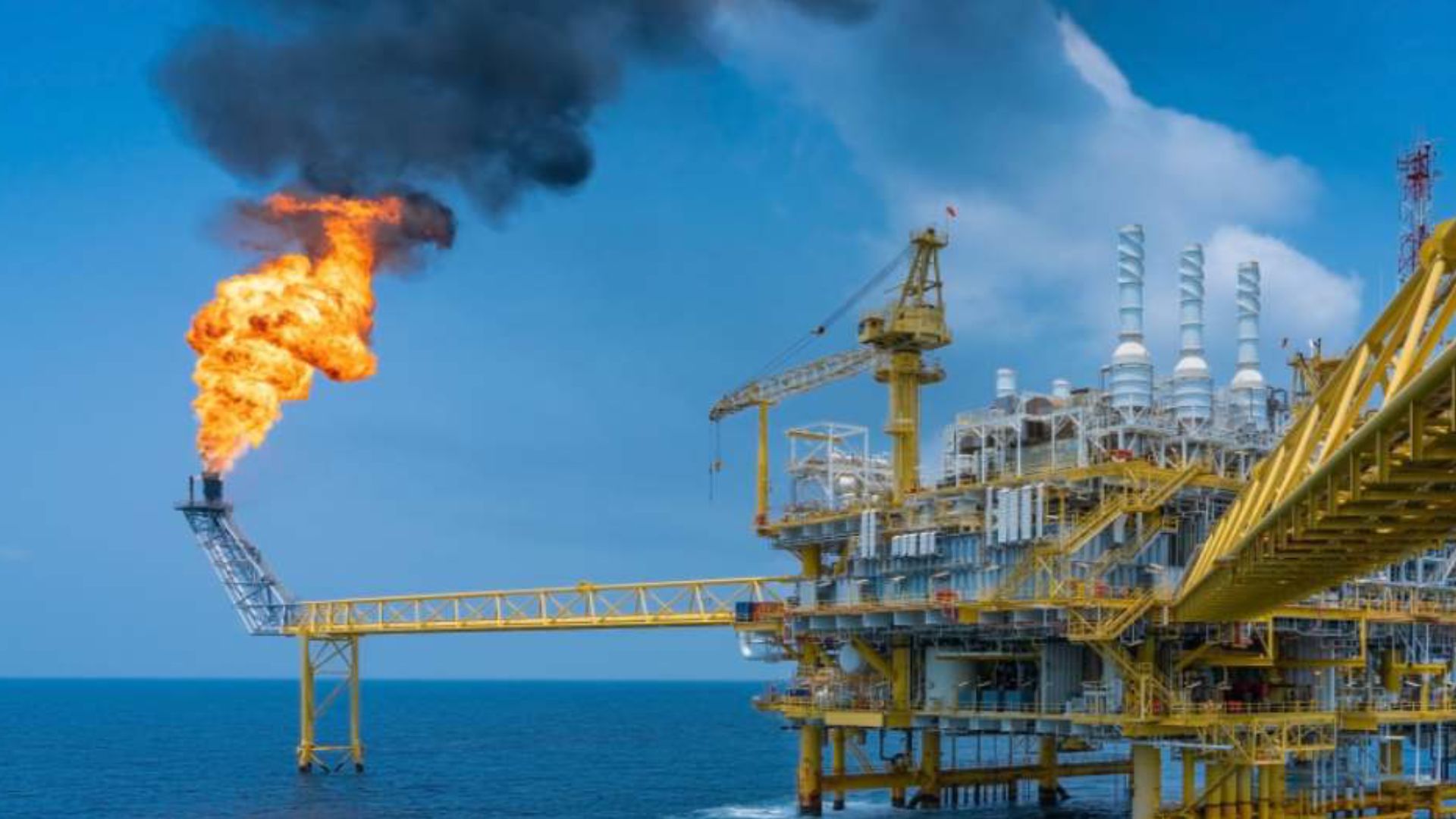Unveiling the Latest Developments and Charting a Path to Energy Success in Cameroon
- Cameroon | 24 September 2023

Cameroon, a country in Central Africa, continues to make headlines in the oil and gas industry with recent developments that signify its growing presence as a key player in the global energy landscape. With new discoveries, infrastructure advancements, and strategic partnerships, Cameroon is poised to unlock its vast hydrocarbon potential and establish itself as an attractive investment destination. In this article, we explore the latest news and advancements in Cameroon’s oil and gas industry, highlighting the significant strides made in exploration, production, infrastructure, and the country’s vision for a sustainable energy future.
Cameroon has recently witnessed noteworthy discoveries in its oil and gas reserves, further bolstering the industry’s prospects. Exploration activities in the Douala Basin and the offshore Kribi-Campo Basin have yielded positive results, with the identification of additional hydrocarbon resources. These discoveries not only underline the untapped potential of Cameroon’s sedimentary basins but also attract attention from domestic and international companies seeking to capitalize on the growing energy demand.
Cameroon is focused on expanding its oil and gas production capacities to meet domestic needs and explore export opportunities. Existing fields such as the Chad Basin and the offshore Atlantic Basin continue to contribute to the country’s hydrocarbon output. Furthermore, ongoing investments in infrastructure, including pipeline expansions and the construction of liquefied natural gas (LNG) terminals in Kribi, position Cameroon as a key regional player in the energy market.
Cameroon recognizes the importance of regional cooperation to maximize the benefits of its oil and gas resources. The country actively participates in initiatives such as the Gas Exporting Countries Forum (GECF) and the Central African Economic and Monetary Community (CEMAC). By forging strategic alliances with neighboring countries, Cameroon aims to enhance energy interconnectivity, promote trade, and drive regional economic integration.
Infrastructure development is a crucial aspect of Cameroon’s oil and gas industry, enabling efficient production, transportation, and export of hydrocarbons. The expansion of pipelines, notably the Chad-Cameroon Pipeline, facilitates the movement of oil from landlocked areas to international markets. Additionally, the construction of LNG terminals in Kribi provides a platform for exporting natural gas and strengthens Cameroon’s position as a regional energy hub.
Cameroon is committed to sustainable development in its oil and gas sector, placing a strong emphasis on environmental protection and social responsibility. The government, in collaboration with industry stakeholders, is implementing measures to minimize the environmental impact of operations, promote local content participation, and adopt cleaner technologies. By prioritizing sustainable practices, Cameroon aims to balance economic growth with environmental stewardship and ensure the well-being of local communities.
Cameroon’s efforts to create a favorable investment climate in the oil and gas sector are yielding positive results. The country has implemented reforms to enhance transparency, streamline regulations, and provide fiscal stability for investors. These initiatives have attracted both domestic and international companies, leading to increased capital inflows, job creation, and technology transfer. The growth of the oil and gas industry in Cameroon has a ripple effect on other sectors, contributing to overall economic diversification and sustainable development.
Cameroon envisions a future where renewable energy plays a significant role in its energy mix. While the oil and gas industry continue to be vital components, the country is exploring renewable energy sources such as hydroelectric power, solar, and wind. The aim is to diversify the energy portfolio, reduce greenhouse gas emissions, and ensure energy security in the long term. By adopting a balanced approach, Cameroon strives to achieve a sustainable energy future while maximizing the potential of its hydrocarbon resources.
Cameroon’s oil and gas industry is poised for a promising future, driven by new discoveries, infrastructure advancements, regional partnerships, and a commitment to sustainability. As the country taps into its vast hydrocarbon potential, it holds the key to unlocking significant socio-economic benefits, including job creation, infrastructure development, and revenue generation. By embracing sustainable practices, fostering regional energy cooperation, and creating an enabling investment climate, Cameroon is paving the way for a vibrant and responsible oil and gas sector. As the industry progresses, it is crucial to strike a balance between economic growth, environmental protection, and social development, ensuring a prosperous and inclusive future for the people of Cameroon.








